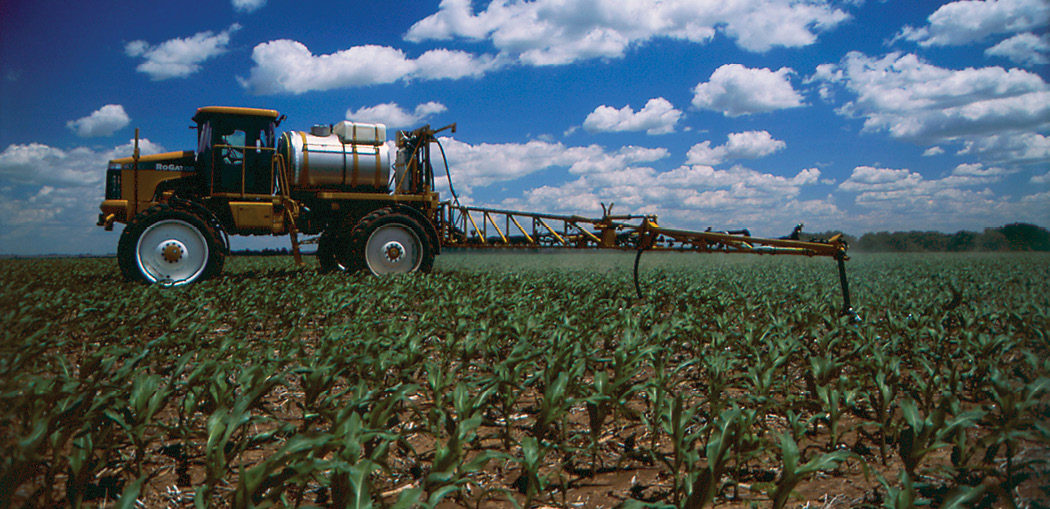No-Till Farmer
Get full access NOW to the most comprehensive, powerful and easy-to-use online resource for no-tillage practices. Just one good idea will pay for your subscription hundreds of times over.

Dicamba-, 2,4-D-, ALS- and HPPD-inhibitor-tolerant crops are the next innovations rolling out of the technology pipeline for in-plant weed control.
Pending regulatory approvals, Dow AgroSciences is expected to launch 2,4-D-tolerant corn in 2013 with 2,4-D-tolerant soybeans to follow in 2015, both of which have been submitted to the USDA for deregulation. 2,4-D-tolerant cotton will round out the portfolio soon after. Meanwhile, Monsanto and BASF estimate their dicamba-tolerant soybeans will hit the market in a limited release in 2014.
Bayer CropScience, which just launched LibertyLink soybeans to complement LibertyLink corn, also is working with partners Mertec and M.S. Technologies to develop HPPD inhibitor-tolerant soybeans, which should be available in 2015. And, finally, Pioneer is expecting to introduce the Optimum GAT Trait (Glyphosate ALS Tolerance) soybeans in 2013.
Don’t think of these new traits as replacements, though. Chemical companies, seed companies and agronomists alike urge that these technologies should be folded into existing crop rotations and weed management programs.
“We look at this new technology as a way to sustain glyphosate-tolerant crops, not replace them,” says Mark Peterson, Dow AgroSciences’ global corn and soybean biology team leader. “They should help farmers continue with some of the systems and benefits they have in place, including no-till.”
Many in the industry credit the efficiency and flexibility that herbicide-tolerant crops provide no-tillers with helping increase farm size and expand no-till acreage.
Growers switching to no-till were challenged with weed issues becoming more prevalent that were normally addressed with tillage, explains Don Schafer, Pioneer soybean senior…